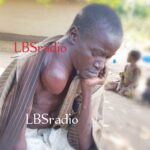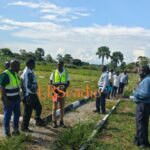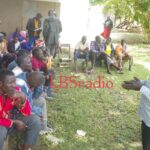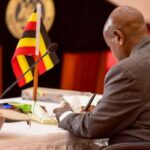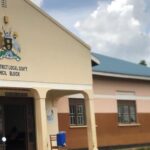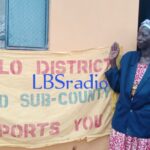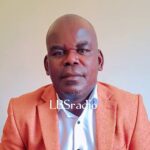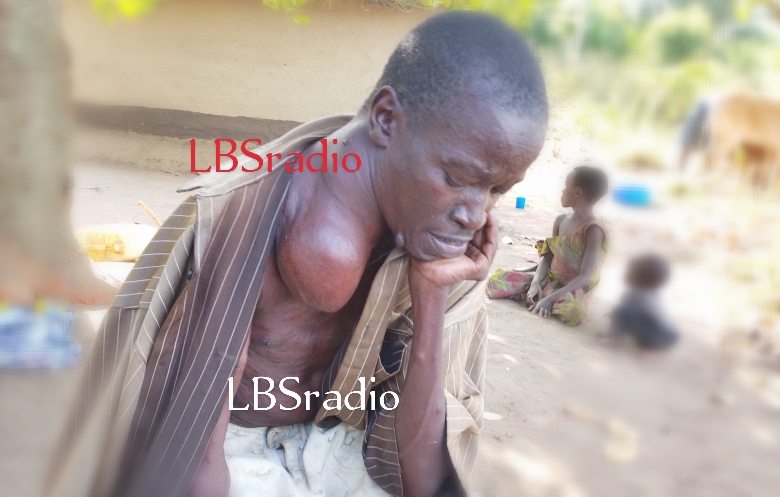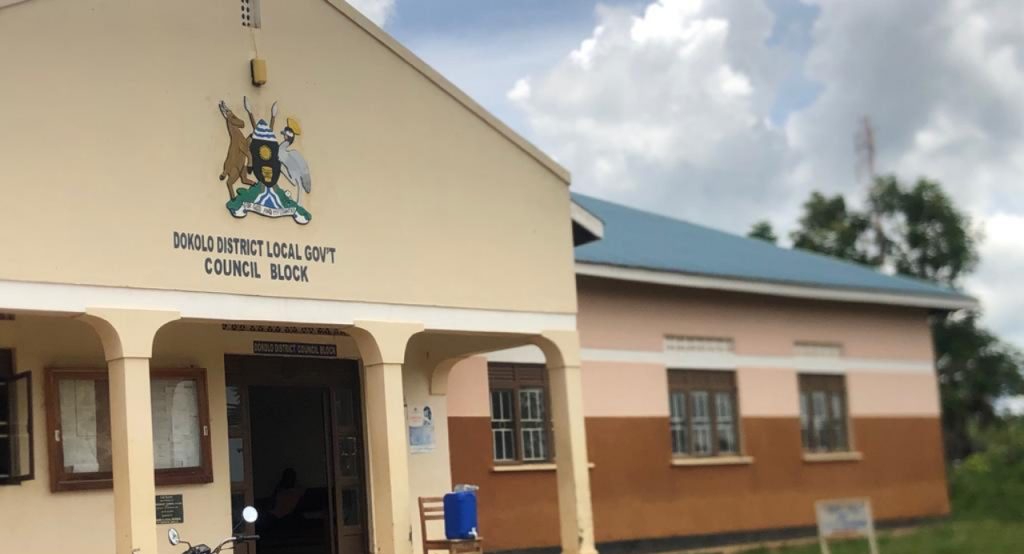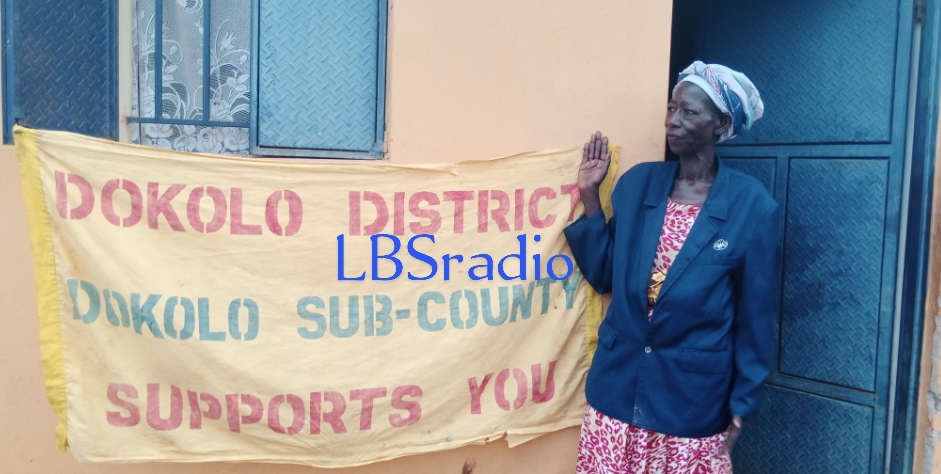People with disabilities (PWDs) and activists are urging the government to integrate disability-friendly communication, including Braille and sign language, into the training curriculum for health workers.
Catherine Kobusinge, Executive Director of Hoima Child Rights Network Lab, told URN that people with disabilities, particularly those with hearing and visual impairments, face significant challenges in accessing health services.
Kobusinge explained that communication gaps for hearing-impaired patients make it difficult for health workers to diagnose illnesses and prescribe medication effectively, as they often lack basic knowledge of sign language or simple gestures. She also noted that people with visual impairments struggle to follow medical instructions when prescriptions are not provided in Braille.
Kobusinge further highlighted that some health issues are confidential, and involving a sign language interpreter can threaten a hearing-impaired patient’s privacy. She emphasized that health workers should possess at least basic sign language skills as part of their training.
Robert Nkwangu, a hearing-impaired councilor representing PWDs at KCCA, said that although Uganda has strong laws and policies protecting people with disabilities, they are rarely implemented effectively. He stressed the importance of empowering PWDs to access health services and noted that addressing their challenges is difficult if they are not empowered to embrace their disabilities and avoid seeking public sympathy.
Nkwangu also called for training health workers to understand different categories of disabilities, the specific needs of each, and the best approaches for handling them. He reiterated the need to include disability awareness in the medical curriculum to ensure effective engagement with PWDs. Nkwangu urged the Ministry of Health to allocate at least two percent of its budget for PWDs, including producing Braille materials, purchasing walking sticks for the blind, and providing wheelchairs, among other essentials.
Charles Tumwebaze Ganza, Executive Director of Together Life Health Initiative, called on the government to build inclusive health systems that leave no PWD behind. He emphasized that policymakers must consider the challenges faced by PWDs when formulating and implementing health policies. Tumwebaze noted that most laws and policies designed to protect and empower PWDs remain on paper and are poorly enforced, expressing hope that ongoing advocacy will push the government to act.
Moses Kabuusu, MP for Kyamuswa in Kalangala, urged the government to commit to implementing legislation such as the Disability Act of Uganda and the international conventions the country has ratified.
“Whatever affects a person without a disability equally affects those with disabilities. We need inclusivity so that issues affecting PWDs are not only discussed but also reflected in the national budget,” Kabuusu remarked.
SOURCE: Uganda Radio Network




